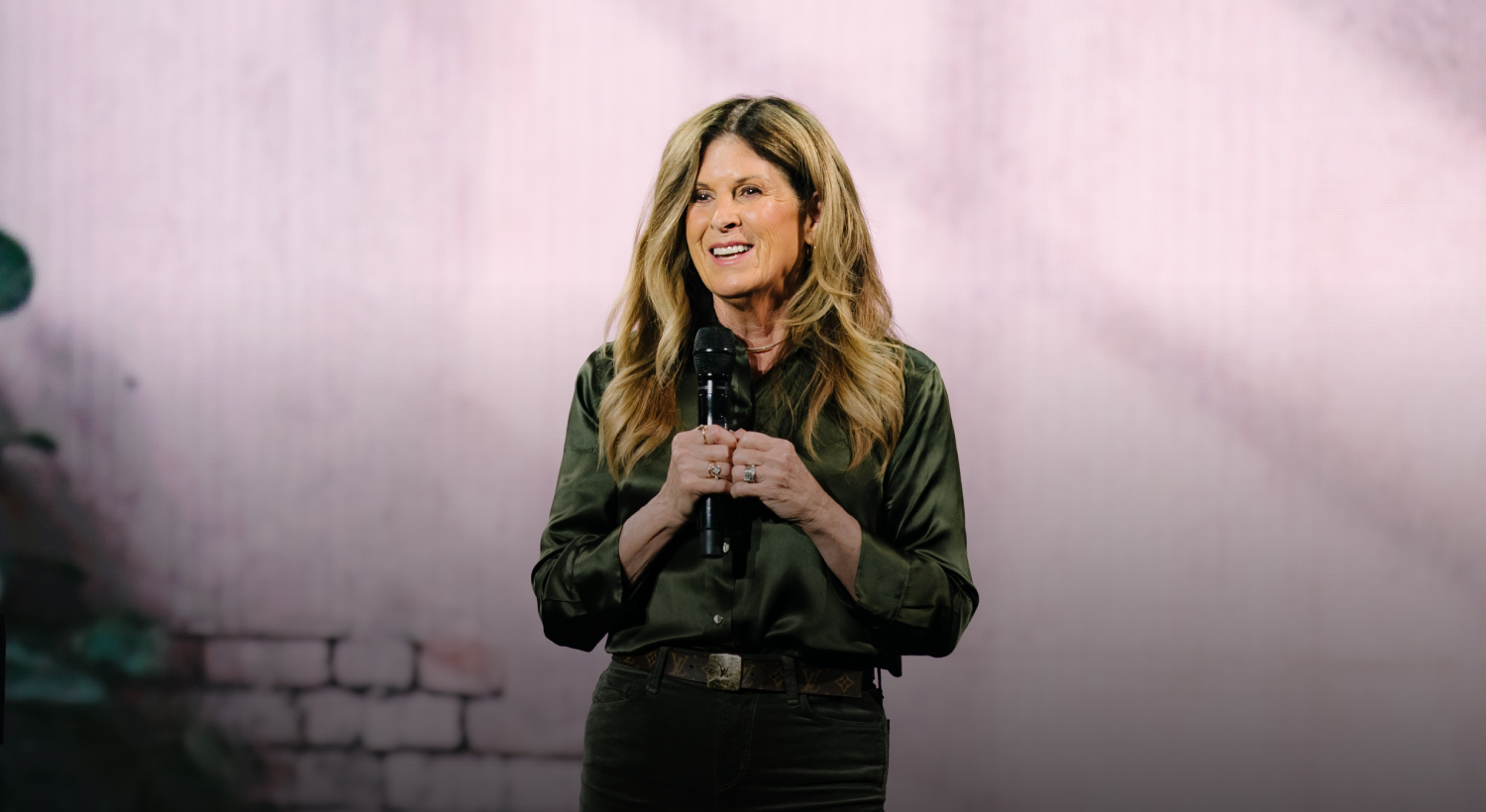The God of Old and New


One thing I’ve been reminded of this summer is God’s never-ending newness. I can’t put it any better than G. K. Chesterton did in his book Orthodoxy:
“Now, to put the matter in a popular phrase, it might be true that the sun rises regularly because he never gets tired of rising. His routine might be due, not to a lifelessness, but to a rush of life.
The thing I mean can be seen, for instance, in children, when they find some game or joke that they specially enjoy. A child kicks his legs rhythmically through excess, not absence, of life.
Because children have abounding vitality, because they are in spirit fierce and free, therefore they want things repeated and unchanged. They always say, ‘Do it again’; and the grown-up person does it again until he is nearly dead. For grown-up people are not strong enough to exult in monotony.
But perhaps God is strong enough to exult in monotony. It is possible that God says every morning, ‘Do it again’ to the sun; and every evening, ‘Do it again’ to the moon.
It may not be automatic necessity that makes all daisies alike; it may be that God makes every daisy separately, but has never got tired of making them.”
There is no monotony with God.
His mercies are new every morning (Lam. 3:22-23), his grace bears us up every day (Ps. 68:19), and every time we open our lips to pray, he is there to listen (Ps. 139:4).
I learned this lesson all over again during our Psalms series this summer.
Preaching is a dance between long-term preparation and the short-term response to what God is doing in our church. You can plan your sermon series out six months in advance – as I like to do – and then the week of God lays something new on your heart. The Spirit works in both processes.
Midway through our series, I had planned to preach on Psalm 4, looking forward to David’s exclamations; “But know that the LORD has set apart the godly for himself; the LORD hears when I call to him,” and “You have put more joy in my heart than they have when their grain and wine abound.”
As the week went on, I couldn’t get Psalm 23 out of my heart. It felt like that’s the psalm I needed to preach that week.
There was just one problem… I preached on Psalm 23 last summer.
Now, that was when our church was meeting in a tent, so we don’t have a recording of that sermon, and I don’t expect many to remember specific messages across the years, but there was still a little voice saying, “Come on, you can’t be repeating yourself one year in!” What would the seminary profs say?
As I began to study the text, something incredible happened. What struck me last year and this year were totally different. The text was the same and the message was similar, but what I learned this time was new.
I’d never seen the series of contrasts before: the rod and the staff, the green pastures and the valley, the restoration of life and the removal of fear, and provision and enemies.
The psalm reminds us that our shepherd takes us to all of these places. The pasture and the valley are both necessary parts of our journey to the house of the Lord forever.
That Sunday afternoon, I went back and compared outlines. They looked like siblings, clearly from the same family, but each had a unique set of features from the parent psalm. More than that, it’s just what we needed the following week at our church. It’s like that in our prayers and quiet times too.
God is never monotonous; he is fresh and new every time we come to him. He is always the same, but there is always more to learn.
Maybe this fall will be that way for you and your family. It’s just another August, another school year, another season. But God has something new for you in this season. He’s got a calling on your fall. Listen to his familiar voice and see what he has in store!
Dr. Cole Feix is the founder and president of So We Speak and the Senior Pastor of Carlton Landing Community Church in Oklahoma.







